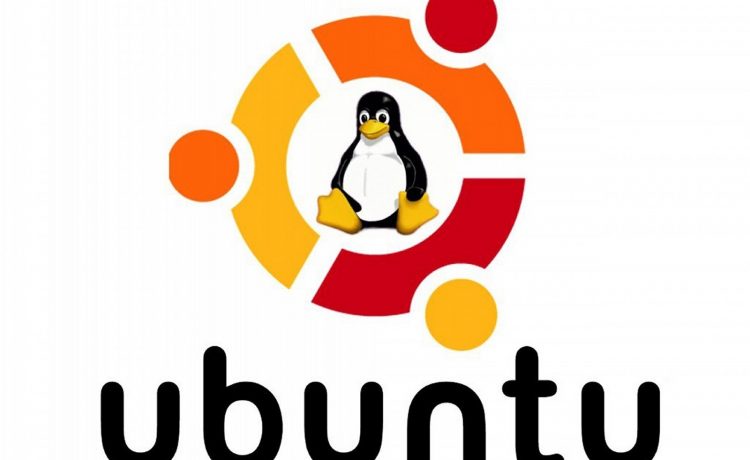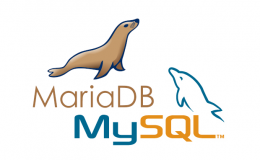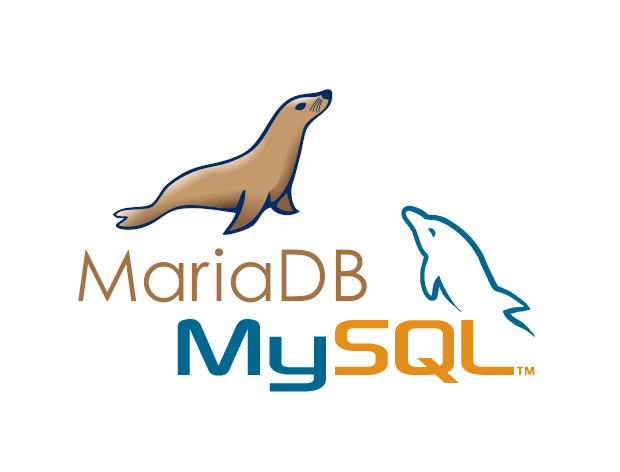
UBUNTU LINUX
Ubuntu (/ʊˈbʊntuː/ (About this soundlisten) uu-BUUN-too)[7] (Stylized as ubuntu) is a Linux distribution based on Debian and composed mostly of free and open-source software.[8][9][10] Ubuntu is officially released in three editions: Desktop,[11] Server,[12] and Core[13] for Internet of things devices[14] and robots.[15][16] All the editions can run on the computer alone, or in a virtual machine.[17] Ubuntu is a popular operating system for cloud computing, with support for OpenStack.[18] Ubuntu’s default desktop has been GNOME, since version 17.10.[19]
Ubuntu is released every six months, with long-term support (LTS) releases every two years.[7][20][21] As of 22 April 2021, the most recent long-term support release is 20.04 (“Focal Fossa”), which is supported until 2025 under public support and until 2030 as a paid option. The latest standard release is 21.04 (“Hirsute Hippo”), which is supported for nine months.
Ubuntu is developed by Canonical,[22] and a community of other developers, under a meritocratic governance model.[7][23] Canonical provides security updates and support for each Ubuntu release, starting from the release date and until the release reaches its designated end-of-life (EOL) date.[7][24][25] Canonical generates revenue through the sale of premium services related to Ubuntu and donations from those who download the Ubuntu software.[26][27][28]
Ubuntu is named after the Nguni philosophy of ubuntu, which Canonical indicates means “humanity to others” with a connotation of “I am what I am because of who we all are”.[7










